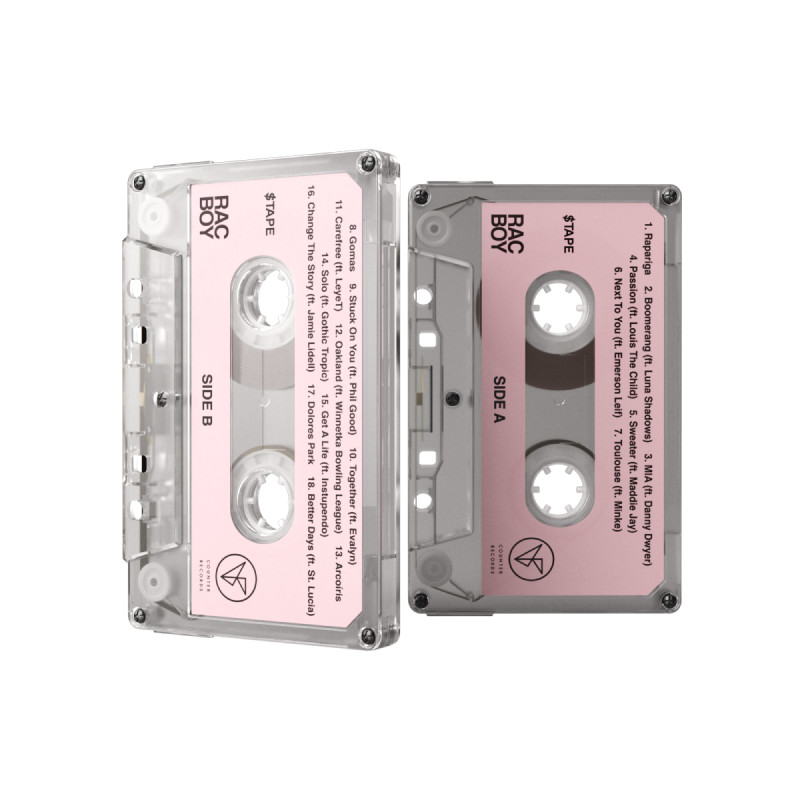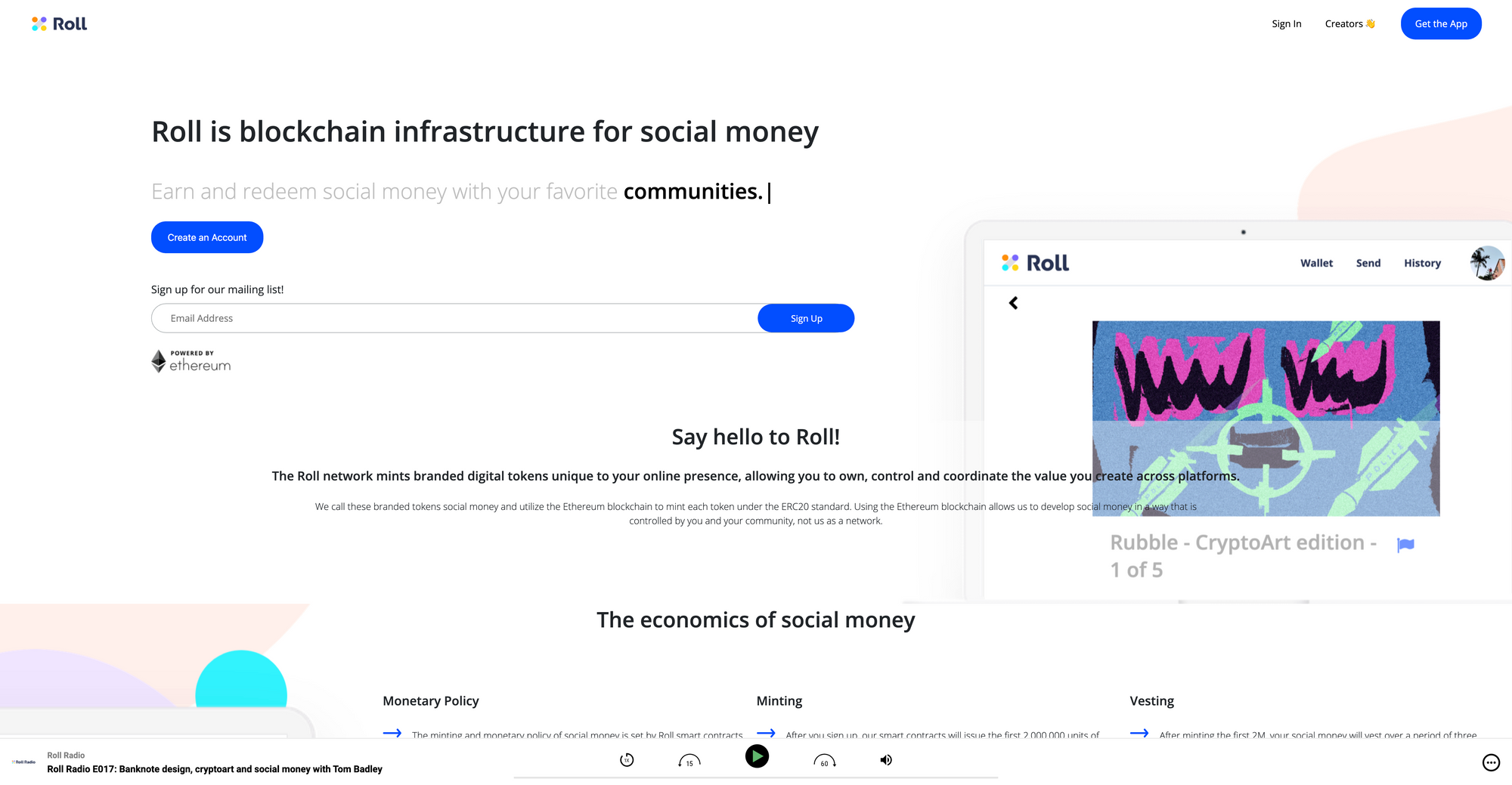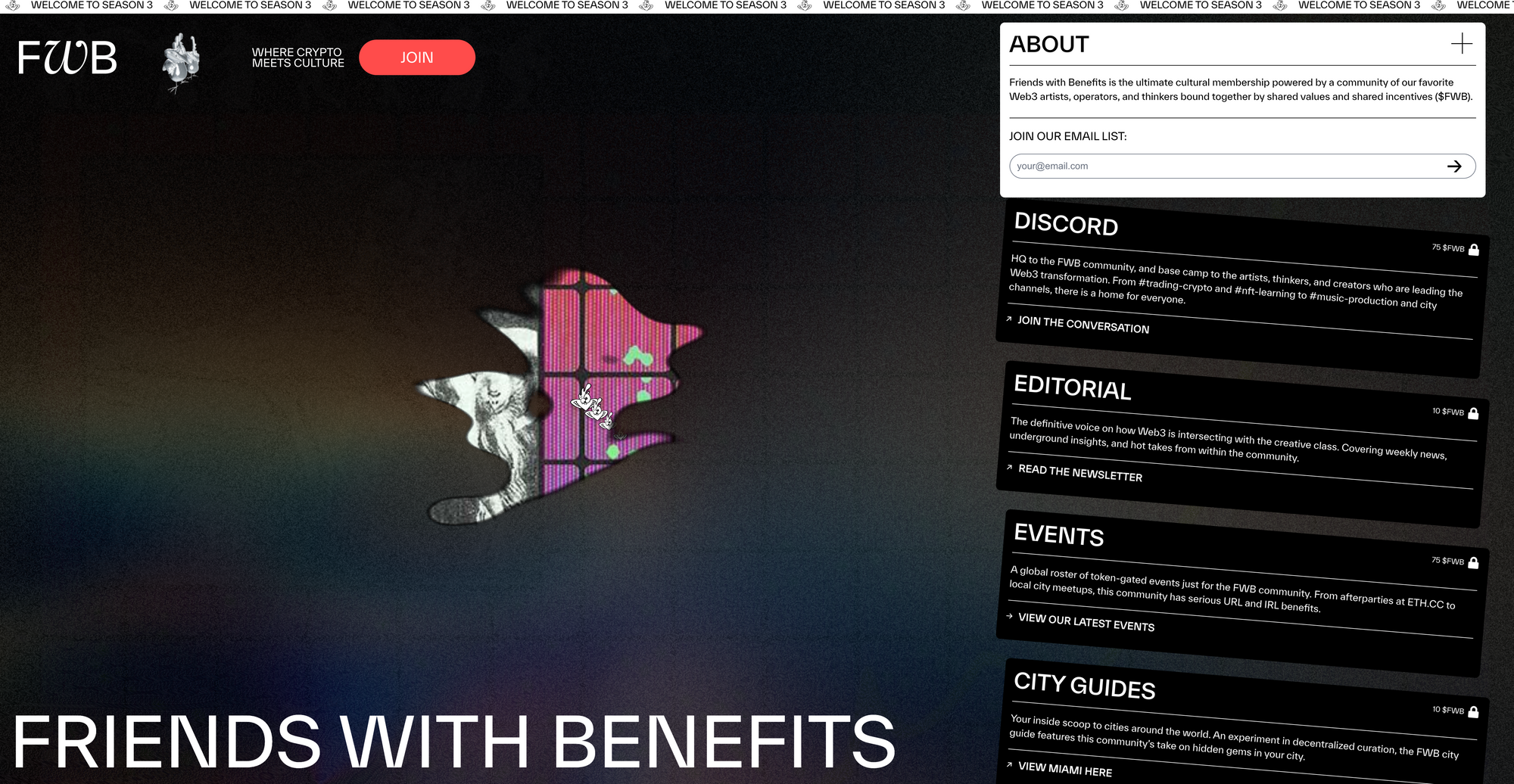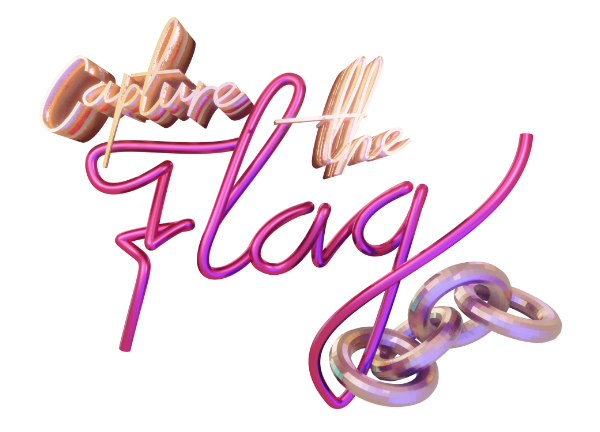Co-operative societies
Companies are perceived by the broader public as a playground for a few wealthy intimates to gain access to early-stage investments. Yet with Uber, even if you discovered the company at an early stage, you couldn't invest in the company if you haven't met the founder or if you do not meet the accreditation standards (that is if your net worth is less than $1 million or you generate income than US$ 200,000 per year).
Neither of these factors is new to India. Amul Pattern dairy farming is India's largest self-sustaining agricultural industry – it is the number one rural employer and also makes India the world's largest dairy producer.
Established in 1946, it is a cooperatively operated brand co-owned by 3.6 million milk producers in 13,000 rural villages in Gujarat.
As much as three-quarters of the price ultimately paid by predominantly urban consumers goes into the hands of millions of smallscale dairy farmers who co-own the brand and the co-operative. The co-operative hires specialists for their professional knowledge and capabilities, and uses high-tech R&D laboratories and modern processing units and transport cold chains to ensure the high-quality of its production and create additional value for the milk.
Co-operatives are also clearly a preferable type of work organization, in particular as the size of the enterprise grows and more of its participants can be owners of the enterprise. Consider that this ownership can also be traded on an open market. This is effectively what tokenization will enable.
What if… Amul could issue a token on the market that provides the holder with the right to vote on the co-op's operations? Such tokens would, of course, be first distributed to the 3.6 million milk producers and other essential stakeholders - but could be traded freely on the open market, so that holders could sell their shares in the cooperative and realize the benefits of their labor and ownership.
Tokenization
Tokenization currently serves a variety of needs - digital gold, digital art, decentralized finance, to name a few. In a nation like India, which has a Gini coefficient of 0.25-0.35 (2004-2005), it empowers how we turn stakeholders in a company into shareholders – spreading wealth more broadly.
If tokenized co-operative businesses have the potential for higher profits and revenue, envision the potential for consumer-owned platforms. Consumers who co-own a business are more likely to tell other consumers as this increases the value of their own stake. They are more likely to participate in building opportunities for betterment or growth.
Let's take a moment to circle back. Traditionally, content creators - regardless of whether they are writers, artists, musicians, or thought leaders - have been constrained in their options for monetizing their work. These days, they have to use big media platforms like YouTube, Spotify, etc., capturing anywhere from 10-20% of their incomes.
As a logical corollary, both fans and followers have limited opportunities to contribute to the growth of the creators. Through owning a Token of the creation, dedicated fans can have access to private content and vote to affect the creators' work.
A flourishing social token ecosystem now emerges, nonetheless, that encompasses everything from customized distribution mechanisms to community tools and aggregators.
The historical perspective
That being said, the idea of communities creating currencies customized to their own needs is by no means new. Within the LETS ( for short, "Let's Do It!") and Time Banking movements throughout the 1980s and 90s, literally hundreds of communities across North America issued their own local currencies, which were NOT issued by a central bank, but with the collective consent of community members. With the arrival of cryptocurrencies, this notion has now been revived.
LETS
LETS: a LETS is a Local Exchange Trading System according to Keith Hart's"The Memory Bank". The system was initially started in the early 1980s by Michael Linton in British Columbia and gained traction worldwide.
Simplified, "local exchange trading systems" are locally organized economic organizations that allow their members to partake in the exchange of goods and services among other members of the collective. The systems use a locally created currency as units of value that can be traded or exchanged in exchange for goods or services. LETS members commonly view the systems as organized and cooperative systems that maximize purchasing power while benefiting members and the community.
Time banking and Hours
Time banking and Hours: The underlying conceit of time banking is that one hour is the equivalent of one monetary unit. It can be traced back to the 19th century, when the industrialist Robert Owen issued tokens to workers that could be redeemed at certain stores for goods below market price, as well as Josiah Warren's "Time Store" bills, which customers used to purchase products in exchange for a claim on their labor.
This concept was reborn in New York State November 1991 owing to the Ithaca project of Paul Glover. The social system has historical roots in scrip and alternative and local currencies that proliferated in America through the Great Depression. There were thousands of people and hundreds of businesses who participated. In total, US$ 100,000 was distributed in HOURS.
Edgar S. Cahn minted the term "Time Dollars" in "Time Dollars: The New Currency That Enables Americans to Turn Their Hidden Resource-Time-Into Personal Security and Community Renewal", a book he co-authored with Jonathan Rowe in 1992. He later also trademarked the terms "TimeBank" and "Time Credit."
Social tokens
In the cryptoeconomy, perpetual innovation is a prerogative easily forgotten. As Bitcoin has shown with its peer-to-peer value transfers and Ethereum with decentralized finance, new forms of tokenizing assets, creating crypto protocols, and writing smart contracts often lead to the potential to build and sustain an entirely new and valuable thing. Similarly to non-fungible tokens, social tokens are a new and rapidly emerging asset class in cryptocurrency that has received a lot of buzz in recent months.
There are several platforms & creators on the market that are already leveraging the power to activate communities and individuals of fans.
Personal Tokens
Personal tokens are made by individuals and are commonly used to exchange labor. For example, a musician performs an hour's work in return for 100 social tokens. In the example, the unique individual increases the value of the token by performing a service.
RAC
RAC - Grammy Award-winning musician and producer RAC, aka André Allen Anjos, has unveiled his $RAC token on Zora – a platform for artists, creatives and brands to create their own markets. The interesting thing is that fans can't purchase $RAC, they can ONLY earn it. For instance, every month US$ 50,000 $RAC is proportionally divided up amongst its Patreon subscribers. The social token gives its fans access to a closed private discussion on Discord, and exclusive content and merchandise like $TAPE.
"Crypto enables communities to capture the value they create instead of being monetized by preexisting platforms, and $RAC is an active experiment pushing the envelope on these primitives." – RAC

Roll
One such platform, Roll, is already leveraged by notables like Lil Yachty, Akon, and Ja Rule, all of whom launched social tokens. Roll utilizes a link-based system, so their users can send social money instantly to another user on Roll or detach it from their Roll wallet to send to a personal Ethereum wallet like MetaMask. By combining the intuitive wallet interface with the ability to add unique rewards - redeeming X tokens for Y spend.
Roll uses a fixed supply of 10 million tokens for each distribution, with 68% (6.8 million) of the tokens vested over a 3-year period (2% released to the creator each month). 20% (or 2M) will be auto-released to the creator to distribute exclusively within their community. Roll is holding 1.2% (1.2 million) to boost the economy and to provide initial liquidity to creators.
The venture also announced the integration of Uniswap, which allows creators to fund liquidity pools for their social currencies. Lastly, it is worth noting that Roll was affected by an exploit on transferred and sold token holdings in March 2021.

Community tokens
Community tokens are commonly associated with memberships or communities. As an example, creators will establish a community token that users need to purchase in exchange for access to private Telegram groups, Discord servers, newsletters, and so forth. These will also be given as rewards, incentivizing actions within a community. A community could, for instance, initiate a contest where participants are competing to create the best fan merchandise, and then token holders vote on the winner.
Friends With Benefits
In their own words…
Friends with Benefits is the ultimate cultural membership powered by a community of our favorite Web3 artists, operators, and thinkers bound together by shared values and shared incenctives ($FWB).
The FWB continues to explore the nexus of culture and crypto, pioneering what it means to contribute to a DAO - which is in its third formal season with a focus on creative collaboration.
Seasons are a predetermined time window for a collective to identify and reward active contributors. A certain number of tokens or social status is often a requirement to obtain access to a season, and it revolves around a core topic.
It is thanks to Simon de la Rouviere that so many social token collectives are playing with the idea of Seasons, including Friends with Benefits, Forefront, Gitcoin, and Bankless DAO.
Another interesting development is that FWB is also now using SourceCred to distribute $FWB tokens according to the rating of music production discussions, NFT discussions, breaking news, memes, Substack articles, and trading tips.

Collab.Land
Collab.land empowers communities to unlock a variety of social media channels and give access to only those individuals who have a certain balance of social tokens in their wallets – essentially tokenizing social media. Hence, the platform functions as a connector between chat apps like Telegram or Discord and your MetaMask wallet.
Collab.land is already utilized by more than 700 communities with a total of over 50,000 users, as per the SKALE's statement (January, 2021).
Seed Club
PartyBid is a DAO that allows groups of people to pool their capital and bid together on NFT auctions. Emerging new tools like PartyBid have just been developed. The tool was incubated by an early-stage accelerator called Seed Club.
Seed Club is an accelerator for social token creators. In trade-off of their services, participants provide a small portion of their tokens to the Seed Club. Ultimately, the Seed Club will have its own token representing both the value of the community and the pool of social tokens they contributed to its launch.
In fact, their services include, specifically, launching a successful token, as this is more complex than launching a newsletter or a YouTube channel. Creators must craft the economic mechanisms that will lead to a thriving community, market and distribute their tokens, navigate the world of liquidity, and figure out ways to unlock value along with their early community. For this reason, Seed Club has brought together a high-caliber group of social token issuers, technologists, and entrepreneurs to help creators conceptualize, create, and launch a social token.
Social Platform Tokens
The complexity of issuing and managing tokens has led to the appearance of a range of platforms that handle the issuance, distribution, and transaction of personal and community tokens. These services include a number of social token platforms, while other services rely on traditional software platform models.
Rally
Rally is a social token issuance platform that fosters the issuance of "Creator Coins," in essence, personal or collaborative tokens. Its purpose is to boost the Creator Coin economy around creators or influencers by supplying additional monetization strategies. At present, the ability of fans or token holders to use Creator Coin is more limited to participation, advice, and transactions. Though, fans can be eligible for exclusive access and extended benefits offered by creators, such as memberships in burgeoning conversation channels, NFTs, or other functionalities.
The Rally network is backed by the Rally token ($RLY), which is collateral for all Creator Coins issued on the platform. Creator tokens on Rally are issued pursuant to a common bonding curve, which entails that the less tokens that currently exist, then the cheaper it is to issue or mint new tokens. In addition, as the amount of personal tokens or communities grows, the minting cost of tokens rises, thereby increasing the value of the personal tokens. As all creator tokens are supported by $RLY, the price of Rally will also increase as a creator's tokens grow. On the flip side, the sale of creator tokens will decrease the value of Rally.
The majority of social token platforms leverage Layer 2 or sidechains for their operations. The Rally sidechain is supporting the creator, exchange, reward, and other functions of the Rally network. Using the Rally ETH bridge, Rally tokens can be propagated to the Ethereum mainnet, which can be used for governance or other purposes, such as the $RLY liquidity rewards program. Rally's liquidity program provides incentives to token holders who provide liquidity to Uniswap and Balancer liquidity pools.
Other
All the various initiatives are just the tip of the iceberg. Let me briefly mention a whole range of other social tokens that might pique your interest.
- Personal: $ALEX, $KERMAN, $JOON, $KSK, $BOI
- Music: $FIRST, $YACHTY, $PUMP
- Art: $WHALE, $HUE, $SKULL, $OSINA, $RARE
- Gaming: $COIN, $SEED, $RNG, $YUP, $LADZ, $JAMM
- Culture: $1337, $SWAGG, $ROBOT, $VNCHR
- Design: $DSGN
- Deal Flow: $KARMA, $DDIM, $UWL
- Adult: $CHERRY
Final Thoughts
With slow but steady pace, social tokens are ripening day by day. And while we are still far from any meaningful mainstream adoption, more niche communities are maturing at a remarkable pace: while the social token movement is continuing to evolve, all of the three social token categories are all likely to be a financial success. There may be greater percentage returns for the early adopters on the individual or community token level, while the issuing and aggregation platforms will have higher returns. After all, tools, incubators, and other companies that cater the growing craze of social tokens will unlock a significant amount of value.
As with any financial product, there is a upside and a downside to its use. If these financial products are attached directly to individuals, their performance can become more extreme, such as in the field of social tokens. Essentially, although social tokens fund personal or community networks and human capital, they are more risky than the financization of non-life assets or DeFi protocols.
Recommended Literature
- Time Dollars: The New Currency That Enables Americans to Turn Their Hidden Resource-Time-Into Personal Security and Community Renewal, Edgar S. Cahn (Rodale Press)
The website and the information contained therein are not intended to be a source of advice or credit analysis with respect to the material presented, and the information and/or documents contained on this website do not constitute investment advice.

